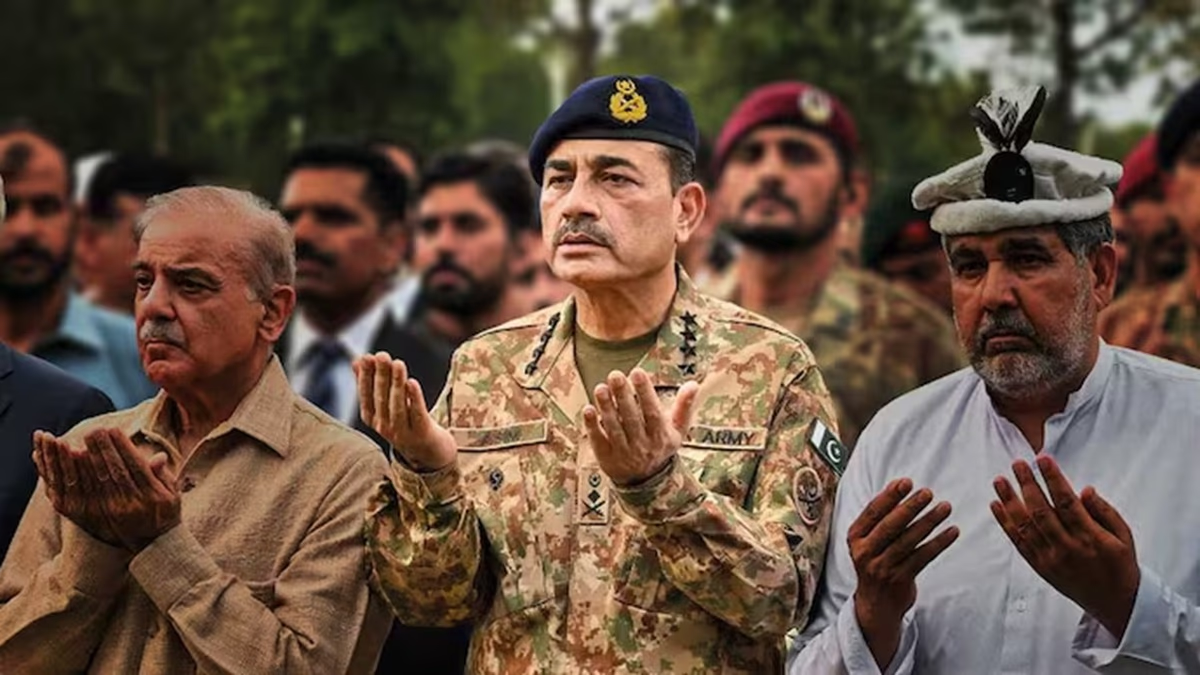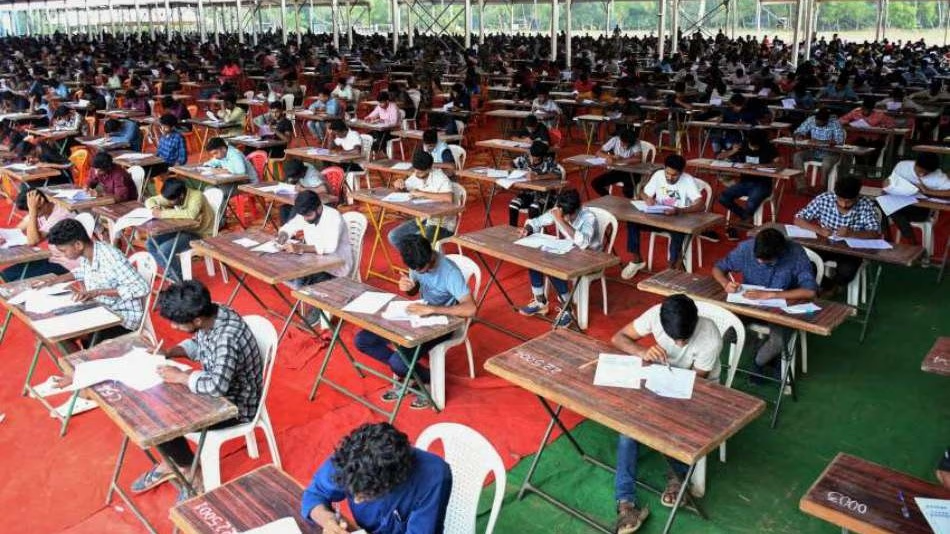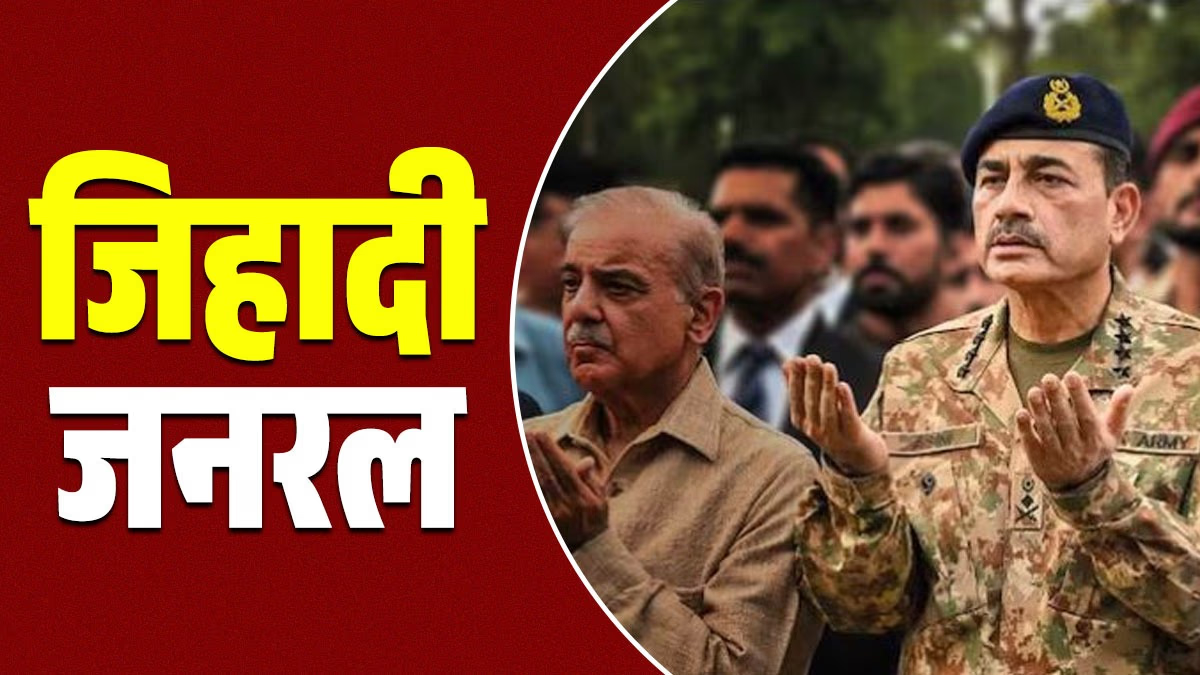Tensions between India and Pakistan have escalated following the terrorist attack on tourists in Pahalgam, Jammu and Kashmir, on April 22. The attack, executed by Pakistan-supported militants from Lashkar-e-Taiba, tragically claimed the lives of 26 innocent tourists. Responding to this massacre, India has taken tough diplomatic measures against Pakistan, most notably suspending the Indus Water Treaty of 1960. Additionally, Prime Minister Modi has repeatedly assured severe retribution for those behind the Pahalgam attack.
Fearing potential retaliation from India, Pakistan is on high alert. Prime Minister Shehbaz Sharif and other leaders have issued stark warnings about the consequences of any Indian attacks. However, statistical analysis and Pakistan's current economic scenario suggest that Pakistan may not withstand more than four days in a war against India. The Pakistani military is grappling with significant ammunition shortages, primarily due to recent arms deals with Ukraine and Israel, depleting its war reserves.
Related: Punjab Police Captures Two Pakistani Spies in Amritsar, Accused of Leaking Sensitive Information
Pakistan's Ammunition Capacity Limited to 96 Hours
Sources reveal that amidst regional conflict concerns, Pakistan Ordnance Factories (POF) is struggling to align its outdated production facilities with rising global demand. Numerous Pakistani leaders assert that India may militarily respond to the Pahalgam attack, promising a robust counteraction from their armed forces. However, with diminishing supplies, Pakistan's ammunition stockpile can only sustain 96 hours of conflict, posing a security risk for its military.
Related: Emergency Parliamentary Session in Pakistan: Fear of Attack from India or Mere Farce?
Pakistan's usual military strategy revolves around swift mobilization to offset India's numerical advantage. Currently, the Pakistani military lacks ample 155mm shells for its M109 howitzers or 122mm rockets for its BM-21 systems. Posts on platform X in April claimed that 155mm artillery shells were dispatched to Ukraine, severely draining Pakistan's ammunition reserves. According to insiders, the Pakistani defense department is deeply concerned and anxious about this significant ammunition shortage. This issue was a key topic during the Special Corps Commanders' Conference on May 2.
Related: 'PM Modi Won't Back Down... If War Erupts, I'll Flee to England,' Says Viral Pakistani MP
Rationing Challenges for the Pakistani Army
Intelligence reports suggest the construction of ammunition depots near the India-Pakistan border due to fears of a potential Indian assault. Acknowledging the challenges, former Pakistani army chief General Qamar Javed Bajwa once noted Pakistan's inadequacy in ammo and economic power for prolonged conflict with India. The larger challenge facing Pakistan is its volatile economy, characterized by skyrocketing inflation, towering debt against GDP, and dwindling foreign reserves. These dire conditions have forced the Pakistani military to cut rations due to fuel shortages, suspending military exercises.




